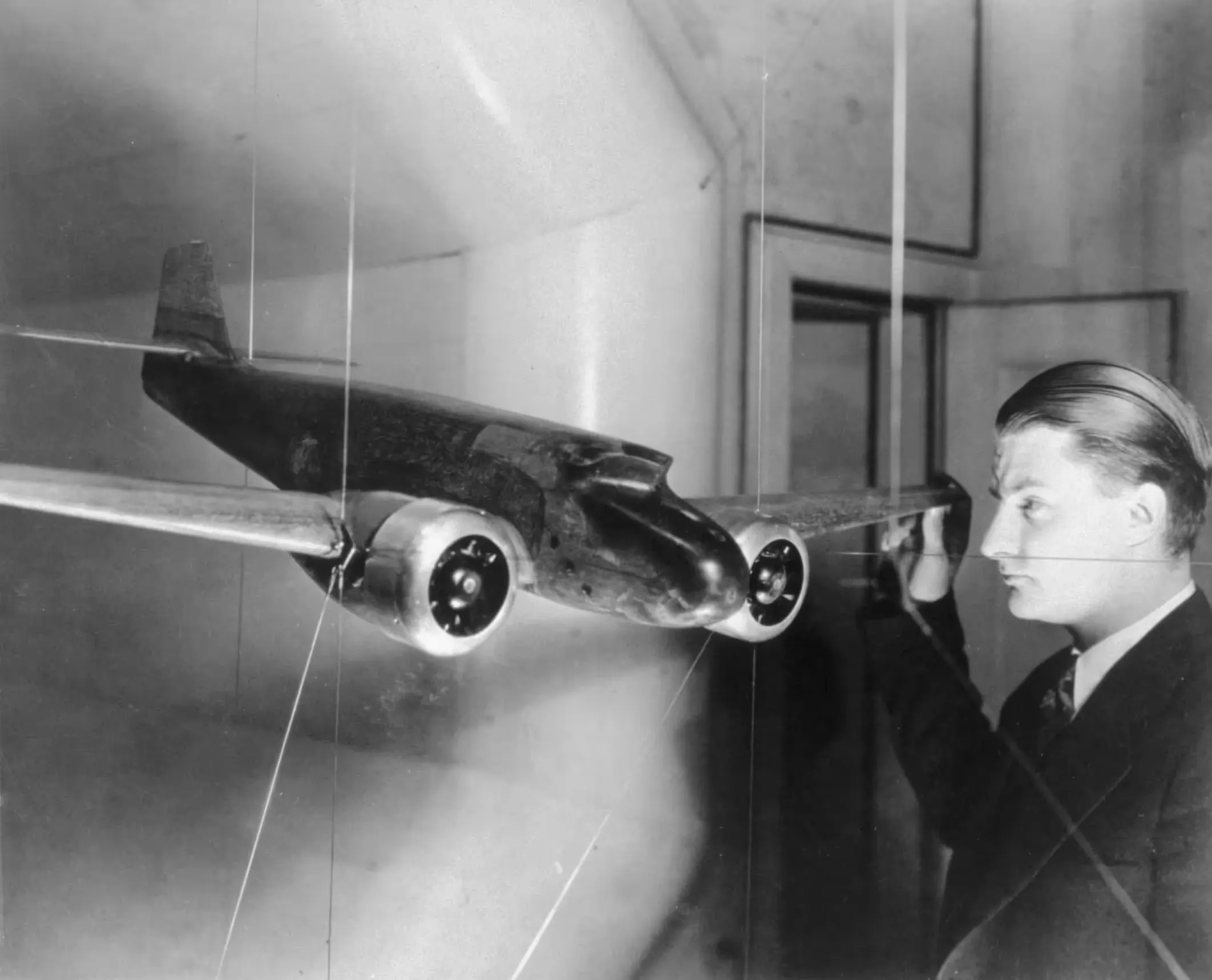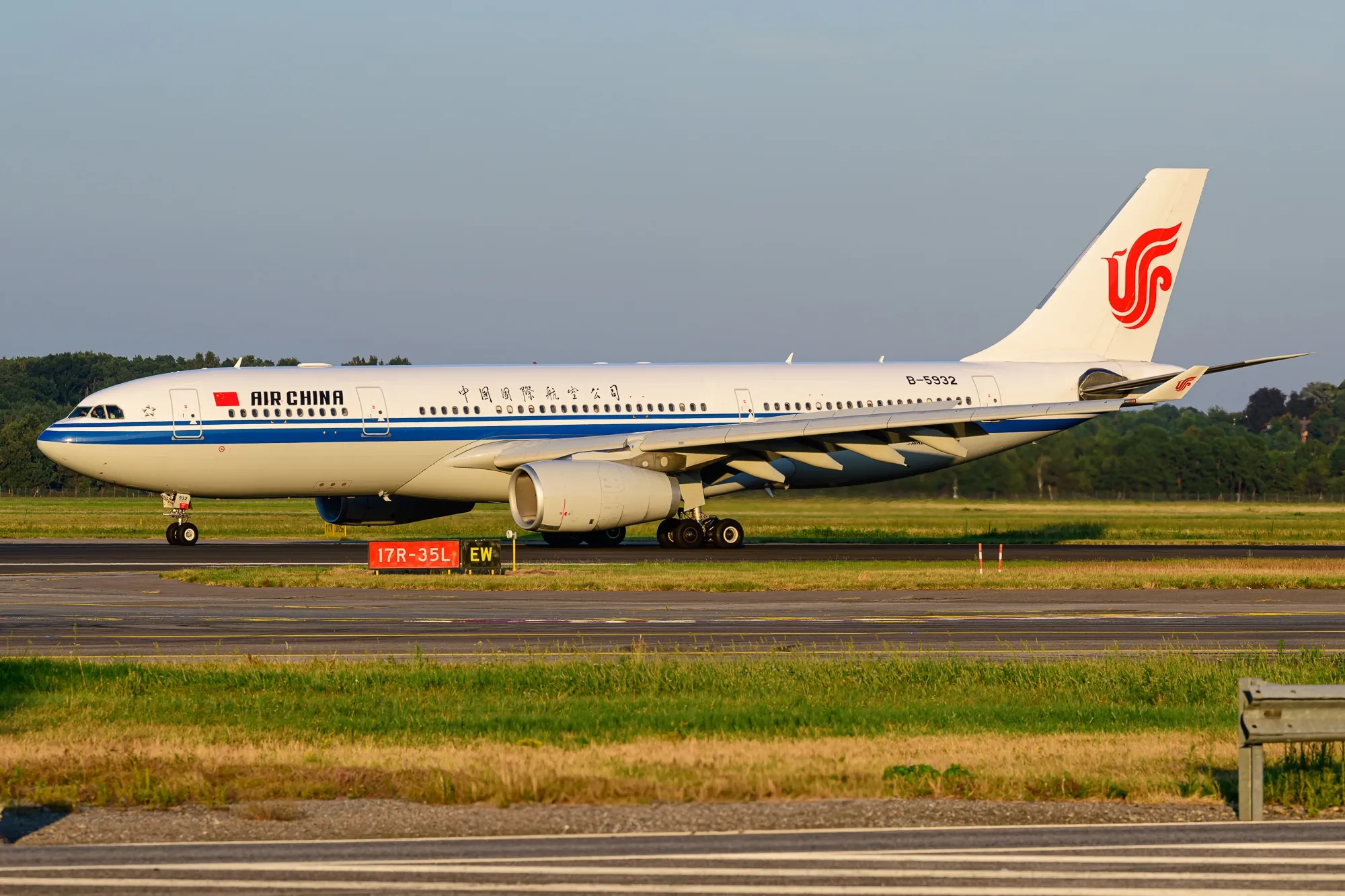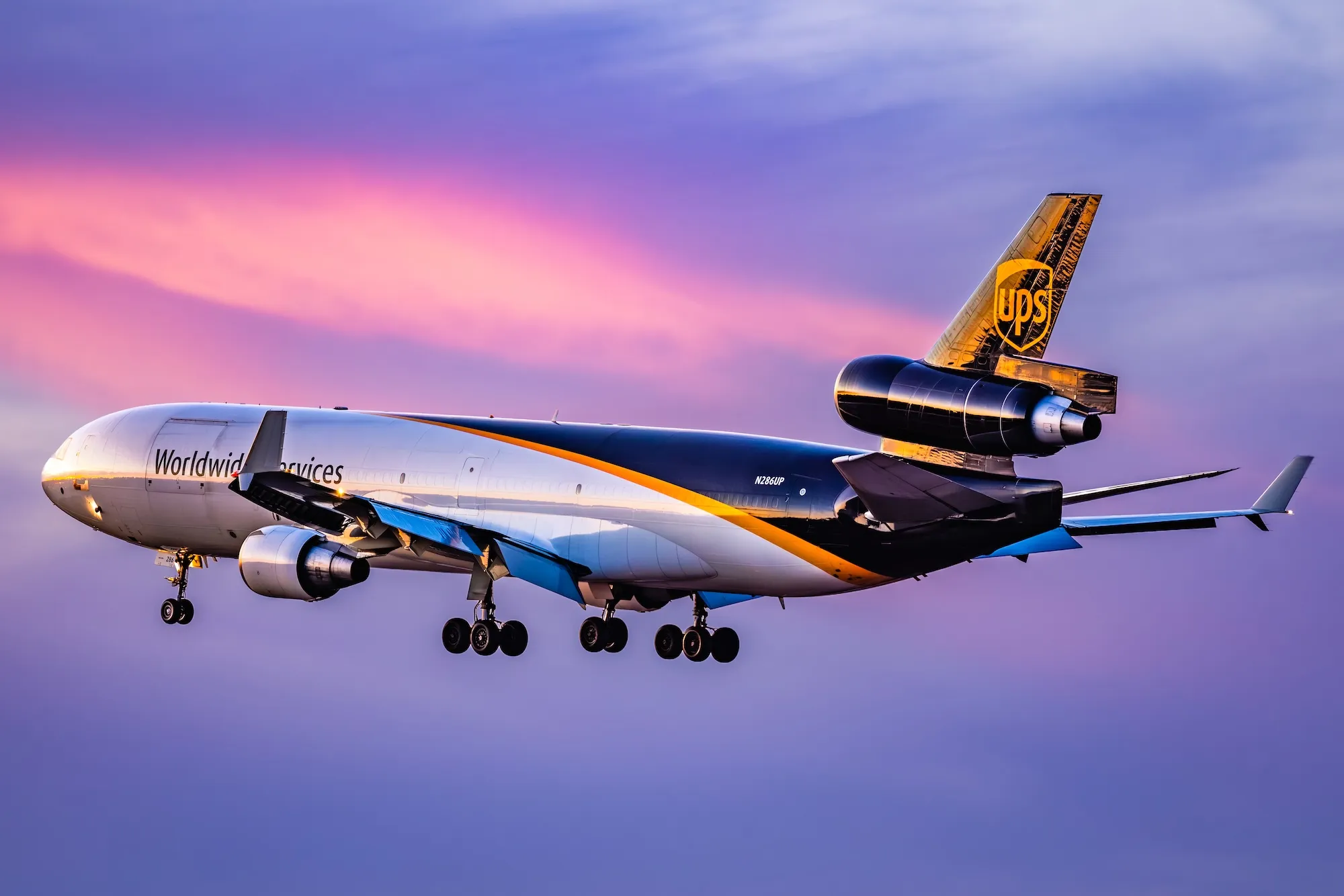DALLAS – Bringing challenge and opportunity, 2023 saw Turkish Airlines (TK) exhibit resilience while expanding into new global markets.
Last year, TK Chairman Prof. Dr. Ahmet Bolat, in an Airways interview, outlined the airline's vision for enhanced global expansion backed by in-cabin product enhancements. Recently, Airways interviewed TK CEO Bilal Ekşi, who described how the airline's global network is faring as tourism to Türkiye recovers.
Brent Foster: How is Turkish Airlines maximizing growth opportunities in the Far East?
Bilal Ekşi: "As Turkish Airlines, we are taking a comprehensive approach to maximize growth opportunities in the Far East. Through improved efficiency, expanded connectivity, strategic partnerships, destination promotion, and targeted cargo operations, we are well-positioned to capture the full potential of this valuable market."
Turkish Airlines announced partnerships and codeshare agreements with airlines across Europe and Asia this year. Do you foresee the agreements bringing more transit passengers?
"Turkish Airlines is expanding its network with comprehensive commercial agreements while providing more capacity for online destinations and creating new routes for offline destinations. Through our commercial agreements, we aim to increase passenger numbers mutually with our valued partners. For instance, we signed four new codeshare agreements this year, namely AirBaltic, Icelandair, ITA Airways, and Vietnam Airlines.
Furthermore, we are also expanding the scope of current agreements in order to catch market dynamics like the enhancements made with Indigo, Pakistan International, and Thai Airways in the Asia market.
In the coming period, we will strengthen our presence, especially in the Asian market, with more advanced cooperation models. In 2023, the number of international transfer passengers increased by 34% compared to the same period in 2022.
With these efforts, we foresee that Istanbul Airport (IST) will host more transfer passengers in the coming periods between Europe and Asia thanks to our Codeshare agreements. Our intention is to continue these fruitful collaborations and attract more attention to our beautiful country."

To what extent has Turkish Airlines succeeded in attracting tourists to Türkiye in 2023? Are more American tourists traveling to Türkiye by airline?
"With our strong brand awareness and recognized success in passenger experience, we contribute to Türkiye's global recognition as the flag carrier airline in each destination we fly to. With the awareness that every destination we fly to has potential for Türkiye's tourism, we take an active role in our country’s promotion by contributing to joint activities with various organizations.
The US is one of the focus markets for Türkiye's tourism, and intensive promotional activities are being carried out there to raise public recognition of our country. As a result of these efforts, for the first time, the number of American tourists visiting our country in 2022 exceeded 1 million. Among American citizens visiting Türkiye, 70.9% preferred to travel by air, compared to 55.8% in 2012.
At Turkish Airlines, we strengthened our American flight network by increasing the number of destinations in the US from 4 in 2012 to 12 in 2022 with the opening of Newark (EWR), Dallas/Fort Worth (DFW), and Seattle (SEA) in recent years. We plan to continue our growth in the US with the launch of our flights to Detroit (DTW) in November 2023.
With the addition of our new aircraft to our fleet, we will continue our efforts to strengthen and increase our presence in the US, which is one of our important markets, in line with the current market and tariff structure.
Between January and August 2023, a total of 852 thousand American tourists visited Türkiye, an increase of 33.1% compared to the same period last year. We expect the number of US tourists coming to Türkiye to reach 1.3 million by the end of 2023."
Beyond assisting relief efforts, how did Turkish Airlines adapt to the operational challenges posed by the devastating February 2023 earthquake?
"Throughout its history as the flag carrier airline of Türkiye, Turkish Airlines has always taken the necessary responsibility to overcome the difficulties experienced not only in Türkiye but also in any part of the world. Turkish Airlines has made it its duty to take responsibility at the forefront of the tragic disaster in 2023 and has tried to relieve the disaster with its 90 years of experience and experienced workforce.
Immediately after the disaster, Turkish Airlines established a crisis desk in the region and began to take an active role in the relief efforts with both its staff and volunteers. Our employees, working in coordination with the civil authority, quickly took precautions regarding the airport and related facilities in the region. Our company delegated the necessary number of aircraft and employees to deliver aid materials to the earthquake zone and to carry out evacuation flights quickly.
We evacuated more than 1 million earthquake victims from the region by operating over 6,800 evacuation trips. Similarly, with over 700 cargo flights, we transported 33 thousand tons of emergency needs, such as humanitarian aid materials and search and rescue equipment, to the region with our cargo planes.
As Turkish Airlines is a full-service carrier that ranks first in Europe in terms of the number of daily flights, the earthquake operations were not a major challenge and did not cause a major change in Turkish Airlines' scheduled operations."

Aside from operating a modern fleet, how is Turkish Airlines working towards a 2050 carbon neutrality goal?
"Turkish Airlines closely follows the changing market dynamics in the world and the regulations of the relevant authorities and integrates sustainability change management of company-wide systems with long-term sustainability in mind. In order to ensure that all of this is accessible and transparent to our investors and relevant stakeholders in the supply chain, we have activated our web platform regarding the strategy of sustainability, which is accessible online.
We participate in the UN Global Compact and CDP (Carbon Disclosure Project) in line with the principles of transparency and accountability. Within the scope of the 'Carbon Offsetting and Reduction Program for International Aviation', for which we are volunteers in CORSIA, we monitor and report emissions from all our international flights.
Rephrased: Our goal is to enhance our performance ratings by actively engaging in performance evaluations conducted by renowned national and international indices and sustainability rating organizations. These include DJSI, FTSE4Good, MSCI, EcoVadis, Sustainalytics, TPI, and the Borsa Istanbul Sustainability Index, all of which we are proud members of.
We are the first airline to participate in IEnvA, an airline-specific environmental management system, by directly obtaining Stage 2, the highest-level certification of the program. We are aware of the significance of SAF (sustainable aviation fuel) investments globally and the evolving commercial market. To take necessary actions, we are signatories to the 'Global Sustainable Aviation Fuel (SAF) Declaration.' Since 2022, we have been regularly using biofuels and providing R&D support for their development.
In 2022, Turkish Airlines named its sustainability vision 'Tomorrow On-Board' in order to ensure that sustainability management processes are managed with a common corporate understanding. It is aimed at developing a holistic communication approach with the 'Tomorrow On-Board' motto, which will also guide the future sustainability practices of the incorporation.
For a more livable world, we will continue to support social development in our country and at all of our other flight destinations while reducing the environmental impact arising from our activities."
Considering the new Ankara-London route launched in July, connecting Europe to Turkish cities outside Istanbul and Antalya, is the AnadoluJet brand supporting Turkish Airlines’ international growth?
"We launched AnadoluJet's international expansion from Sabiha Gökçen (SAW) and Ankara (ESB) in 2020. However, as you know, we are now in a transformation process that will turn AnadoluJet into a separate company to compete in the international market as an LCC at global standards.
Although the Sabiha Gökçen hub constitutes the basis of our long-term growth focus, with its second runway to be opened in the near future, we aim to grow from our other destinations as well as Sabiha Gökçen. While formulating our strategy, we did not limit ourselves to SAW but tried to approach international operations holistically and address the market in a way that touched many passenger traffic segments that could feed AnadoluJet.
For this reason, our destinations other than Istanbul are also important for our international growth. Alongside Antalya, which already has a large leisure traffic, there are destinations with tourism potential in every corner of our country, and we aim to contribute to the country's tourism and economy with these potential destinations.
On the other hand, there is a large diaspora of Turkish citizens in Europe, and these expatriate citizens create visiting friends or relatives (VFR) traffic at many different destinations in our country. With our initiatives for them, we will connect different airports in our country to Europe more tightly.
With its 10-year vision, Turkish Airlines will grow without slowing down by making breakthroughs in many different areas. AnadoluJet, as a separate company, will strengthen its position in the LCC market and contribute to the growth of our incorporation."

Do you foresee Turkish Airlines continuing to benefit from a recovery in international travel demand through 2024?
"Before answering this question, I think we need to take a step back. As you said, Turkish Airlines has achieved a serious competitive advantage and growth in international traffic since the pandemic period. The main reasons for this are some important decisions we made at the beginning of the pandemic.
The most important of these was that we did not lay off our employees. As you know, many airlines could not continue their operations fully due to a lack of employees as the restrictions started to loosen. This is a process that takes time to fix. In addition, shifts in aircraft production and orders and the lack of proper planning of thousands of products in the supply chain, which affected the dynamics of the sector, slowed down the recovery in traffic.
There is also a demand aspect to this. International traffic recovered slowly, with restrictions being lifted more slowly, especially in Asia. Even in difficult markets, we have positioned ourselves correctly with our strong communication network and instant, up-to-date information from our sales offices.
In the first 8 months of 2023, we are 30% above 2019 in international RPK (traffic) and 27% above in ASK (capacity). This situation is also reflected positively in our load factor; we are at an average LF of 83% in the international market in 8 months. We will maintain this momentum in 2024.
The reason why I say this easily is that we are positioned ahead of other airlines after the pandemic and that problems such as lack of workforce are not issues that can be solved at once. We aim to maintain our position as one of the leading airlines in the future by using this time advantage to position ourselves more strongly, strengthen our bond with our passengers, and further develop our products."
Featured image: Turkish Airlines CEO Bilal Ekşi. Photo: Turkish Airlines

.webp)
.webp)
.webp)
.webp)
.webp)



.webp)